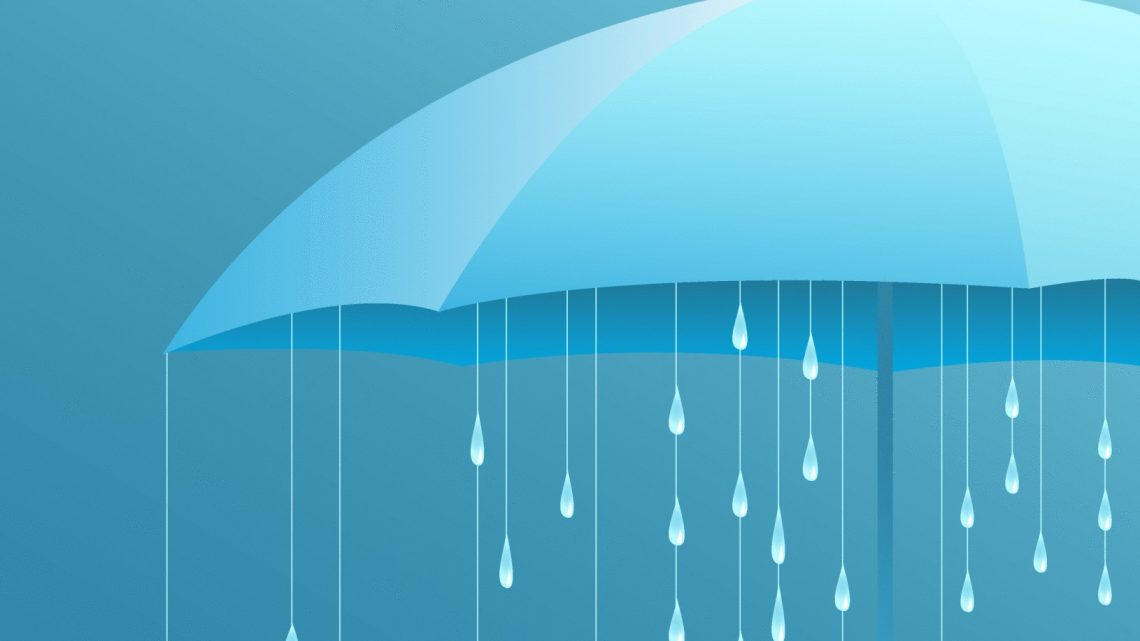Hasn’t the weather lately been extreme? Tornados, hurricanes, floods…so much damage and loss that no one could predict or prevent.
While the natural elements are beyond human control, there is at least one positive thing almost everyone can do when it storms: collect some of that rainwater for later use.
Every rain storm brings a wealth of water to your home (I’m talking about an average storm—not a disaster). And even though rainwater is not as pure as it used to be due to environmental pollution, it is still the best source of water for many uses. Think about it; there is no higher quality source of water available to us than rainwater. Rainwater that is collected and stored appropriately is a sustainable source of water ideal for use inside and outside the home.
What are the benefits of collecting rainwater?
One major benefit of collecting rain water is the financial savings. Using rainwater reduces your use of municipal (or well) water and thereby reduces your water (or electric) bill.
Another benefit of collecting rainwater is that you can still water your lawn or garden during local water usage bans. Many areas deal with droughts in the summer months, and thousands of cities enforce water bans to conserve water during those times. By saving rainwater during the wetter seasons, you won’t have to let your lawn or garden dry out.
Collecting rainwater also stops excessive water from entering storm drains and over taxing our water treatment systems. Additionally, connecting rain barrels to your downspouts will limit access to your home’s foundation of potentially damaging water.
What could I do with rainwater?
Environmentalists estimate that 50-70 percent of the water used in an average household could be replaced with rainwater. If hot water systems are supplied with rainwater, this reduction can be as high as 85 percent (rainharvesting.com.au/rainwater-knowledge-centre/ideal-uses-for-rainwater).
Without chemical treatment, collected rainwater is typically suitable for all non-potable (non-human-contact) uses including:
1. Lawn and garden watering. In many climates, lawns require weekly summertime watering to stay green. Using stored rainwater is great because rainwater is not treated with chemicals like chlorine and fluoride which can inhibit plant growth. The naturally soft and healthy rainwater will do wonders for your lawn and garden (not to mention your houseplants). Water your shrubs, flowers and potted plants with rainwater too–they will flourish!
2. Vehicle washing. If you leave the hose running, washing your car can use between 150-180 gallons of water (65 if you use a bucket to wash and rinse with the hose). That’s a lot of water down the drain! Using stored rainwater not only conserves public water, but (because rain water is so soft) it will give a spotless sheen to your car (http://planetgreen.discovery.com/home-garden/stored-rainwater-waters-lawn.html).
3. General outdoor upkeep. Scrub your patio furniture, tools and rubber boots. Use it to wash your windows too.
4. Toilet flushing and clothes washing, subject to local ordinances (www.rainwaterrecovery.com/faq-whatcan.html).
Some cities will allow you to use rainwater in your toilet and washing machine. All should, and probably will eventually.
5. Mopping your floors. Don’t waste precious drinking water cleaning floors. Use rainwater for your mop, then dump the mop water on your plants, assuming you didn’t add harmful chemicals. Let that rainwater have a double impact!
How can I collect/store rainwater?
If you live in an area that receives seven or more inches of rainfall annually, installing rain barrels or a cistern is generally considered a good investment. There are many types of collection methods available: large, small, above-ground, below-ground, collapsible, rigid—you just have to research to determine what will best suit your situation.
To get started, Google “rainwater” and visit sites like www.woodlanddirect.com/Outdoor/Rain-Barrels. If you want to build your own system, check out www.rain-barrel.net. This site will help you calculate how large a rain barrel you may want and how many: www.rainwaterharvesting.co.uk/calculator.php.
If you’re not ready to jump into this in a big way, just try setting out five-gallon buckets or large trash cans when it rains. Hey, a little is better than none! After the rain stops falling, put a lid on your containers to keep out debris (and mosquitoes) if you plan to save the water. As you use that precious water for tending your most beloved plants, the results might convince you to collect more!









